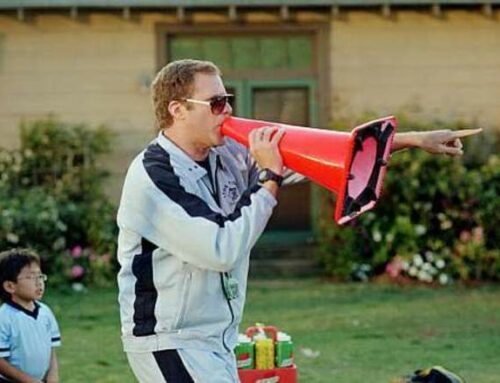A successful sales manager places more emphasis on preparing their sales team for good performance than they do in the actual performance itself. The way they do this is to have the mindset that they are the practice coach. What happens in the game will be predicated on what happens in practice because people typically perform like they practice.
Many sales managers, unfortunately, do not spend time up front training, coaching, or reinforcing sales skills with their team prior to live meetings with prospects or clients. As a result, their activity is limited to observing their sales team in action and the performance they see will probably be in direct correlation to the amount of practice that preceded the performance itself. In this context, they are merely the game coach.
What you want to be is the practice coach, the game coach, and then the practice coach. The practice coach spends a lot of time doing dry runs, dress rehearsals, and skill development training to help their salespeople develop the abilities to have an impact in the game.
The practice coach knows that their job is to develop their team and it will require a tremendous amount of time, energy, and effort. The practice coach knows that it will repetitive, boring and not very glamorous.
The game coach then watches the game. For lack of a better word observes their sales person in action and is talking notes on strengths and opportunities for improvement.
After the game the sales manager becomes the practice coach again. After seeing in real time, a salesperson’s strengths and weaknesses they take the opportunity to deliver feedback, identify skill gaps and then practice with their sales person how to close those skill gaps.
Best in class sales managers are the practice coach, the game coach and then the practice coach.






